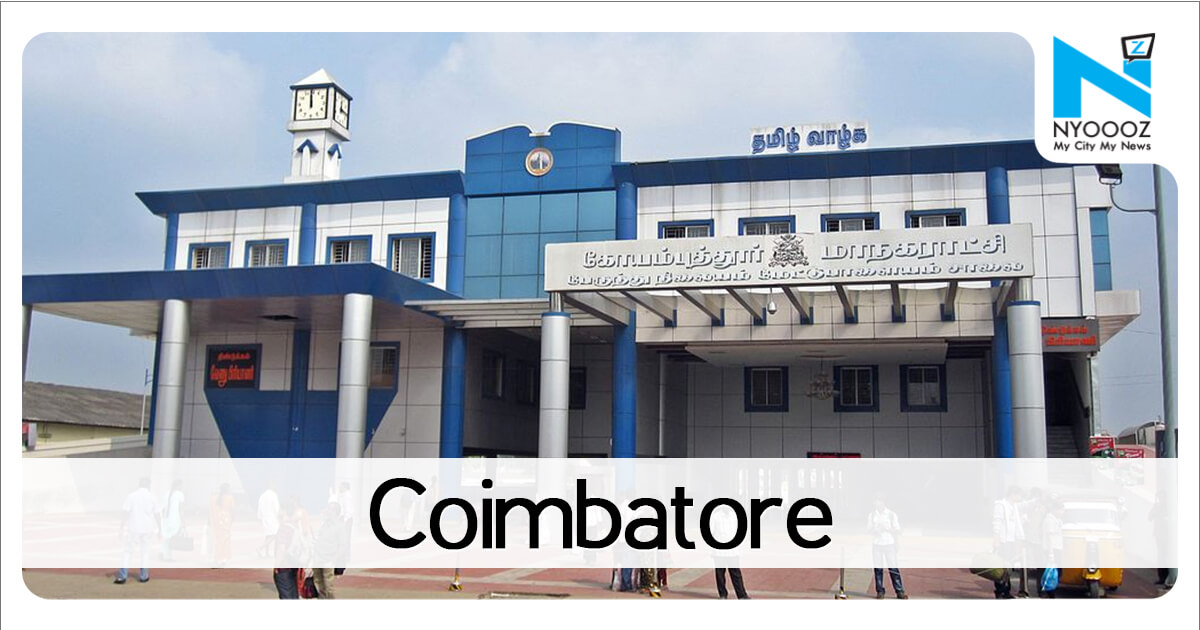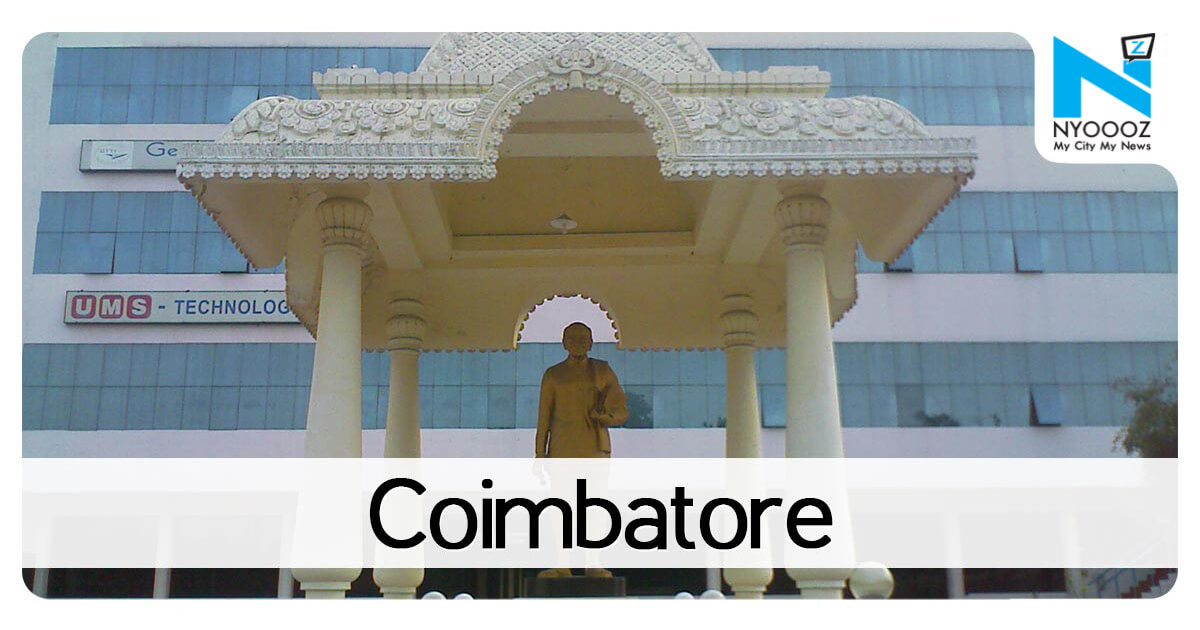
Coimbatore: Industries’ ties with technical institutions in the city have become stronger in the past few years, say professors and academics. Also, in the past few years, institutions have been focusing more on internships and industry projects, say academicians. “We have been distributing courses from the last semester to earlier semesters so that students can take up internships in the industry,” he said. “Two years ago, ties between the industry and institutions were meagre. While students would do the practical parts of their internship in the industry space, research and development would be carried out in the institutions, Selladurai said.

If You Like This Story, Support NYOOOZ
Your support to NYOOOZ will help us to continue create and publish news for and from smaller cities, which also need equal voice as much as citizens living in bigger cities have through mainstream media organizations.
Stay updated with all the Coimbatore Latest News headlines here. For more exclusive & live news updates from all around India, stay connected with NYOOOZ.








